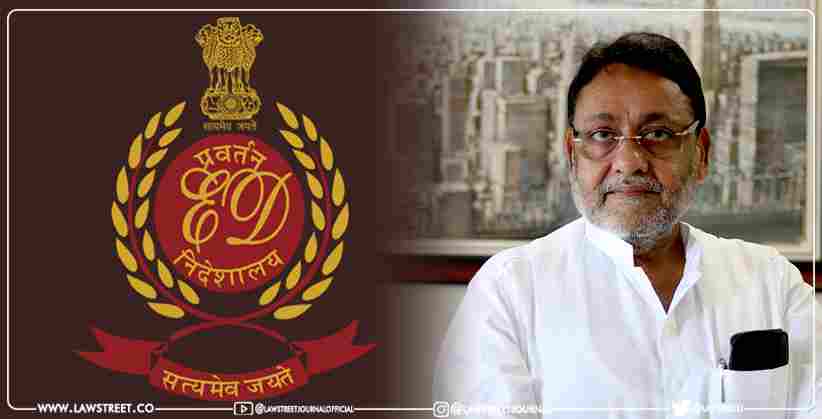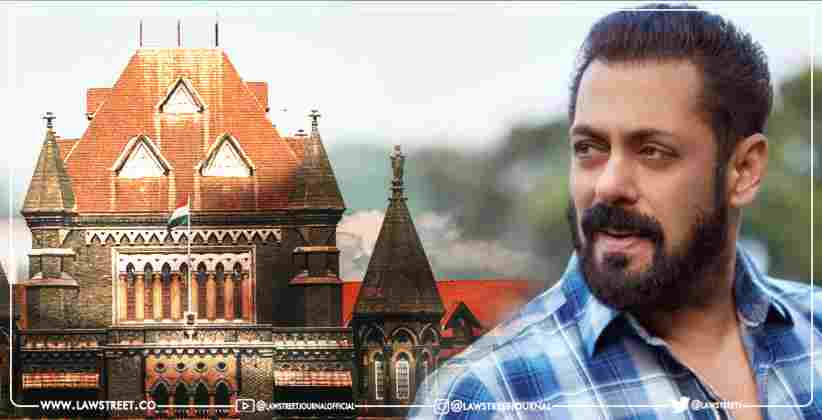Mumbai: The Chief Justice Devendra K Upadhyaya of the Bombay High Court has passed an order assigning Justice AS Chandurkar as the third judge to give his opinion on the challenge to IT Rules 2023 Amendment. The matter is scheduled to be heard on February 28.
The petition was assigned to the third judge for his decision after the division bench of the high court, comprising Justice GS Patel and Justice Neela Gokhale, delivered a split verdict.
Reportedly, in the hearing today, the petitioners in their interim application have sought stay on the notification for formation of Fact Check Unit till the petitions are finally decided. Solicitor General Tushar Mehta said, "I have made a statement that we will not notify the FCU till the interim application is decided...We will not inconvenience your Lordship."
Earlier, this year, a Division Bench of the Bombay High Court had passed a split verdict in challenge against the validity of Rule 3(i)(II)(A) & (C) of the Information Technology (Intermediary Guidelines and Digital Media Ethics Code) Amendment Rules, 2023.
Justice Patel ruled in favour of the petitioners and struck down the provision. On the other hand, Justice Gokhale dismissed the petitions.
According to rule 3, the Ministry of Electronics and Information Technology of the Central government may notify an FCU that has the authority to recognize and label online news that it deems to be false or fake in relation to any Central government action.
In February, the Bombay High Court urged the Indian Union government to hold off on announcing its planned FCU till a third judge has ruled on the case to the 2023 change to the IT Rules and rendered a decision. It was observed that it would be discourteous not to give the third judge the benefit of time to hear such a complex matter.
The four petitions in the case, were filed by stand-up comic Kunal Kamra, the Editors Guild of India, the Association of Indian Magazines and the News Broadcast and Digital Association.
The petitions argued that 2023 Rules are arbitrary and unconstitutional. The amendments do not fall within the scope of reasonable restrictions on freedom of speech provided in Article 19(2) of the Constitution. Also, the Rules did not follow the principles of natural justice as there is no provision for show-cause notice before taking action, it was argued, among other contentions.

.webp)






![Husband Can Also Claim Alimony/Maintenance From Wife: Bombay High Court Orders Woman To Pay Alimony To Ex-Husband [Read Order]](/secure/uploads/2022/04/lj_2823_Divorce.jpg)








